Introduction
Are you passionate about gaming and dreaming of creating your own masterpiece? If so, you’ve come to the right place! In this comprehensive guide, we’ll explore the intricate process of how to develop a video game from start to finish. Whether you’re a seasoned developer looking to refine your skills or a newcomer eager to dive into the world of game design, this article is packed with invaluable insights and practical tips to help you bring your vision to life. From conceptualization to coding, testing to tweaking, we’ll cover every essential step in the journey of how to develop a video game. So, buckle up and get ready to embark on an exciting adventure into the captivating realm of game development!
Conceptualization and Planning
The journey of creating a video game begins with a compelling idea. Developers brainstorm and refine their concept, considering factors such as target audience, genre, and platform. This stage involves outlining the game’s storyline, characters, and core gameplay mechanics. Detailed planning ensures a clear vision and roadmap for the development process.
Market Research
Understanding the gaming landscape is crucial for success. Thorough market research helps developers identify trends, analyze competitors, and pinpoint potential opportunities. This step aids in shaping the game to meet market demands and ensures a unique selling proposition that sets it apart from other titles.
Design and Prototyping
The design phase involves creating a blueprint for the game’s architecture, including level design, user interface, and overall aesthetics. Prototyping allows developers to test core mechanics and assess the game’s feasibility. Iterative prototyping helps refine the gameplay, ensuring a seamless and engaging user experience.
Development
With a solid plan and prototype in place, developers move on to the actual coding and creation of game assets. This phase involves writing code, designing graphics, and integrating audio elements. The development team collaborates closely, often using agile methodologies to adapt to evolving requirements and challenges.
Quality Assurance (QA)
QA testing is a critical step to identify and rectify bugs, glitches, and performance issues. Testers rigorously assess the game’s functionality, playability, and overall user experience. Feedback from QA testing is invaluable for refining the game and ensuring a polished final product.
Beta Testing
Before releasing the game to the public, developers often conduct beta testing to gather feedback from a broader audience. This phase allows for further refinement, addressing any remaining issues and gauging player reactions. Beta testing helps developers fine-tune the game for a successful launch.
Marketing and Promotion
Building anticipation is key to a successful game launch. Developers engage in strategic marketing and promotional activities, leveraging social media, influencers, and press coverage. Creating a buzz around the game increases visibility and attracts a larger audience.
Launch
The highly anticipated launch day marks the culmination of months or even years of hard work. Developers release the game on chosen platforms, and players worldwide finally get to experience the fruit of the team’s labor. A successful launch relies on effective marketing, positive reviews, and word-of-mouth recommendations.
Post-Launch Support
The journey doesn’t end with the game’s release. Successful game development involves ongoing support, including updates, patches, and addressing user feedback. This commitment to post-launch support fosters a loyal player base and sustains the game’s longevity

Best Online Education Platforms to Learn About How to Develop a Video Game – Step by Step
The world of game development awaits those eager to learn, and these online education platforms serve as invaluable resources for enthusiasts at every skill level. Whether you’re a beginner looking to grasp the basics or a seasoned developer aiming to refine your skills, these courses offer a structured and guided approach to mastering the steps involved in creating captivating video games. Choose the platform that aligns with your learning style and embark on a transformative journey into the realm of game development.
Udemy
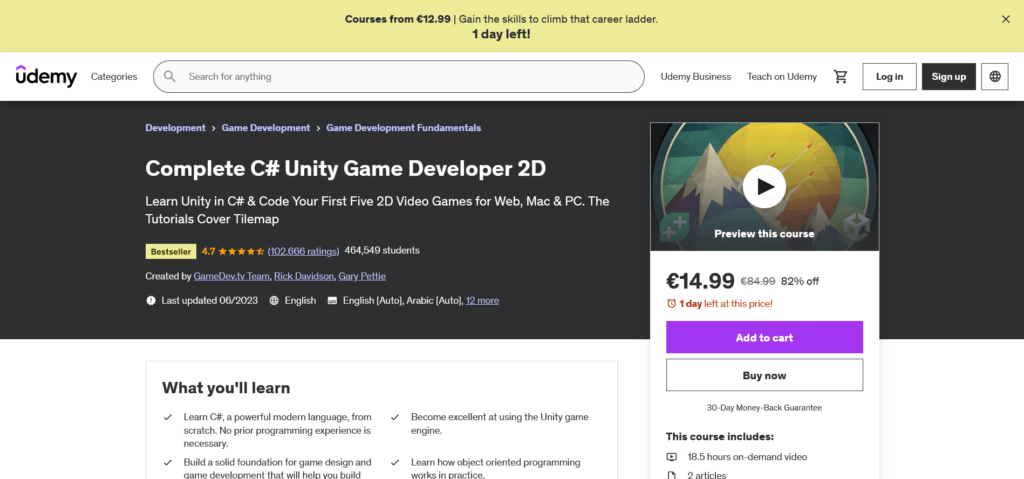
Udemy is a powerhouse in the online education sphere, offering a variety of game development courses. “Crafting Games 101” is a popular choice for beginners, providing a step-by-step guide on conceptualizing, planning, and executing a video game. The course covers essential aspects such as prototyping, coding, and design principles.
Coursera
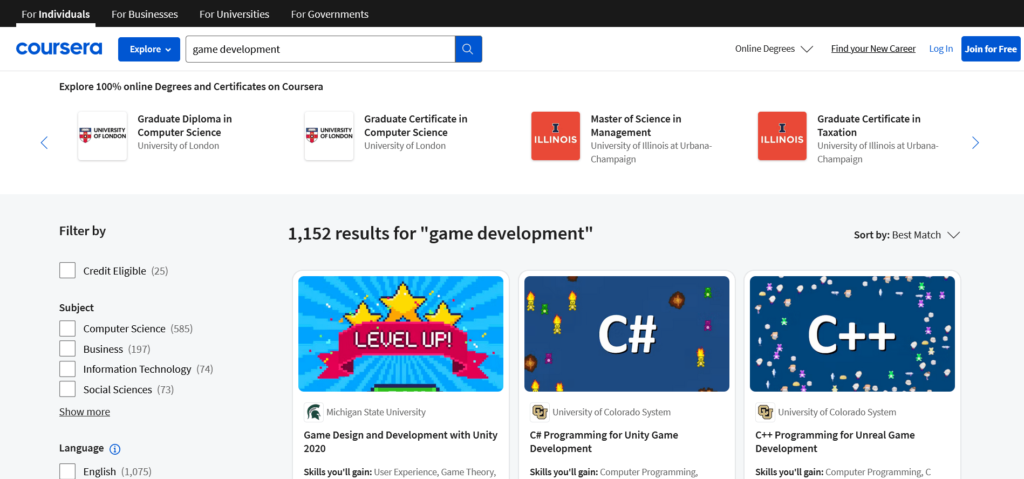
Coursera partners with leading universities and institutions to offer specialized courses. The “Game Design and Development Specialization” is a comprehensive program covering the entire game development process. Participants learn from industry experts and gain hands-on experience through practical assignments.
LinkedIn Learning
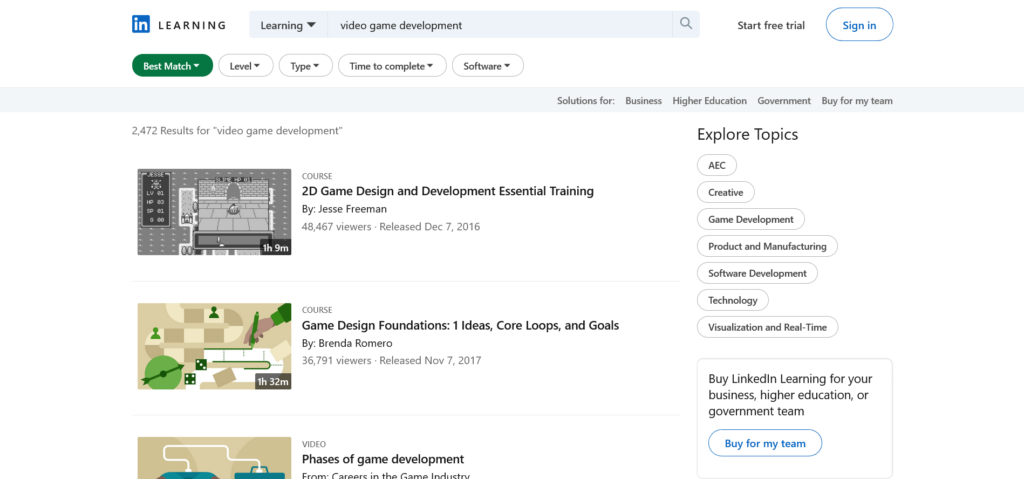
LinkedIn Learning is a valuable resource for professionals looking to upskill. “Video Game Development Foundations” is a course designed to introduce learners to the fundamentals of game development, emphasizing the critical steps involved. It covers everything from ideation to marketing strategies.
Pluralsight
Pluralsight focuses on technology-driven courses, and “Building Games with Unity” is tailored for those interested in Unity game development. Unity is a popular game development engine, and this course guides learners through the steps of creating a game using Unity’s powerful features.
Skillshare
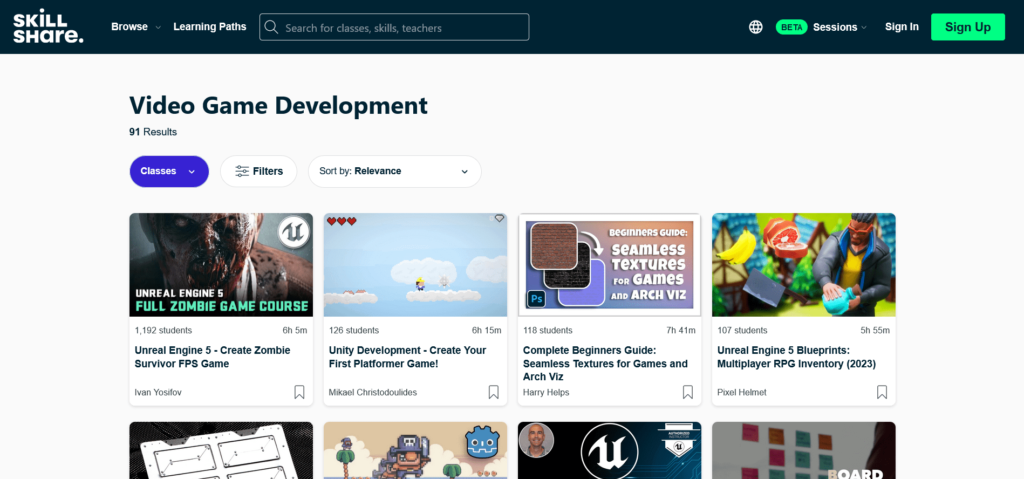
Skillshare is known for its diverse range of courses created by industry professionals. “Game Development for Beginners” is a hands-on course that breaks down the game development process into digestible steps. Participants can engage in practical exercises to reinforce their learning.
edX
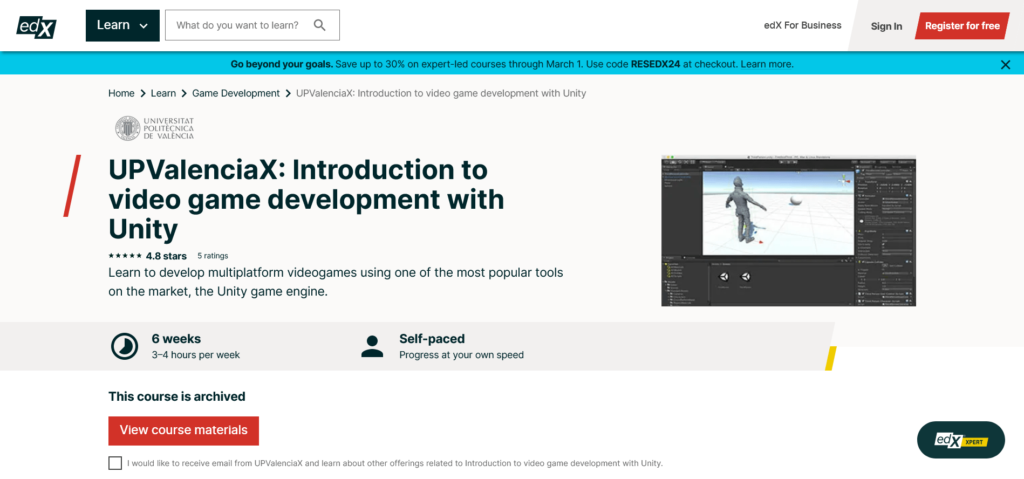
edX collaborates with universities worldwide to provide high-quality courses. “Introduction to Game Development” is a course offered by reputable institutions, introducing learners to the core concepts of game development. It covers essential steps and offers insights from experienced instructors.
Codecademy
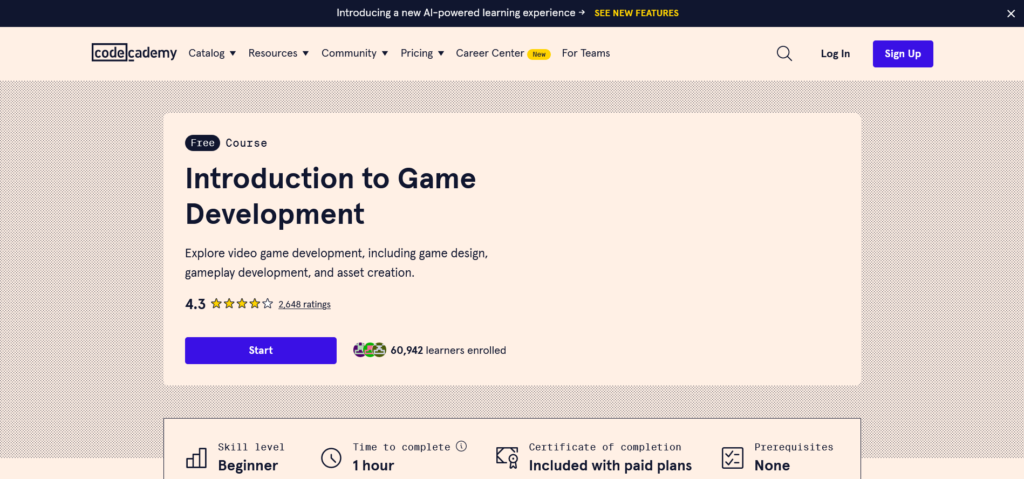
Codecademy is a go-to platform for coding enthusiasts. “Learn Python for Game Development” is a specialized course focusing on the programming aspect of game development. Python is a versatile language, and this course equips learners with the skills needed for game coding.
FutureLearn
FutureLearn collaborates with universities and industry leaders to deliver online courses. “Video Game Design and Development” is a course that explores both the creative and technical aspects of game development, providing a well-rounded understanding of the entire process.
Top 10 Questions and Answers About How to Develop a Video Game – Step by Step
1. How do I start developing a video game?
To start developing a video game, begin by conceptualizing your ideas and defining the game’s genre, storyline, and target audience. Create a detailed game design document outlining the gameplay mechanics, objectives, and visual style. Select the appropriate game engine and development tools based on your project requirements.
2. What programming language is used to develop video games?
Several programming languages are commonly used in game development, including C++, C#, Java, and Python. The choice of language depends on factors such as the game engine being used, performance requirements, and personal preferences of the development team.
3. Do I need to learn coding to make a video game?
While having coding knowledge is beneficial for game development, it’s not always necessary, especially with the availability of beginner-friendly game engines like Unity and GameMaker Studio. These platforms offer visual scripting tools that allow you to create games without extensive coding skills. However, learning basic programming concepts can greatly enhance your capabilities as a game developer.
4. What software do I need to develop a video game?
To develop a video game, you’ll need a combination of software tools for game design, programming, art creation, and audio production. Popular choices include Unity or Unreal Engine for game engines, Adobe Photoshop or Blender for art assets, and Audacity or FL Studio for sound effects and music.
5. How long does it take to develop a video game? The time it takes to develop a video game varies greatly depending on the scope and complexity of the project. Simple indie games may take a few months to develop, while large-scale AAA titles can take several years. Factors such as team size, budget, and technical challenges also influence development time.
6. What are the steps involved in developing a video game?
The steps involved in developing a video game typically include conceptualization, game design, prototyping, development environment setup, programming, art and asset creation, level design, testing and quality assurance, marketing, and release. Each stage requires careful planning and execution to ensure a successful outcome.
7. How do I market and promote my video game?
Marketing and promotion are crucial aspects of releasing a video game. Utilize social media platforms, game forums, press releases, and influencer partnerships to generate buzz and attract players. Create engaging trailers, screenshots, and promotional materials to showcase your game’s unique features and attract potential players.
8. How can I monetize my video game?
There are various monetization strategies for video games, including selling the game as a one-time purchase, offering downloadable content (DLC), implementing in-game purchases (microtransactions), or utilizing subscription models. Choose a monetization strategy that aligns with your game’s design and target audience while providing value to players.
9. What are some common challenges in game development?
Common challenges in game development include managing scope creep, optimizing performance across different platforms, balancing gameplay mechanics, addressing bugs and technical issues, and maintaining a cohesive artistic vision. Effective communication, meticulous planning, and adaptability are essential for overcoming these challenges.
10. Where can I find resources and tutorials for game development?
There are numerous online resources and tutorials available for aspiring game developers. Websites like Udemy, Coursera, and YouTube offer courses and tutorials covering various aspects of game development, from programming and game design to art and audio production. Additionally, game development communities and forums provide valuable support and advice from experienced developers.
This article aims to provide a comprehensive guide for individuals eager to explore the fascinating world of game development. By following the answers to these top 10 questions, you’ll gain valuable insights and resources to help you navigate the exciting world of game development. Remember to stay passionate, keep learning, and embrace the challenges along the way as you bring your gaming vision to life.
Conclusion
In conclusion, mastering the art of how to develop a video game is a journey filled with challenges, creativity, and endless possibilities. By following the steps outlined in this article, you’re equipped with the knowledge and tools necessary to navigate the complexities of game development with confidence. Remember, how to develop a video game is not just about writing code or designing graphics; it’s about telling stories, sparking emotions, and creating immersive experiences that resonate with players. So, whether you’re crafting a thrilling action-adventure or a thought-provoking narrative-driven game, keep honing your skills, experimenting with new ideas, and never lose sight of your passion. With dedication and perseverance, your dream game is within reach, waiting to captivate audiences and leave a lasting mark on the gaming landscape. Embrace the journey of how to develop a video game, and let your imagination soar!














